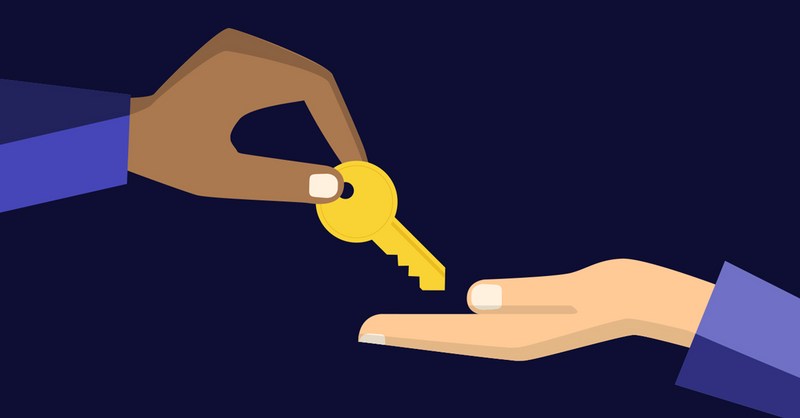
So here we are on a brief sojourn in outside countries. The discussions these last two days have centered on the future of banking. We are trying to answer the question of banking generation Z and how we can remain relevant as an industry. That future is both exciting and frightening. Exciting because incredible rewards await those who will get it right. Frightening because those who het it wrong will pay a high price.
Again as always, we are told that Africa is rising. Africa is the next big boom. On average, Africa has been a growth story and will continue to be. Of all the five continents, Africa is the only continent whose population pyramid shall not ‘invert’. That means that for the next 100 years Africa will still have a higher proportion of younger people than adults. All the other continents will see their populations ageing and that is not a good thing.
Because we have a relatively young population and will continue having one for a while, we must plan for their inclusion in the financial system. These ‘GenZeds’ are between the ages of 23 and nine. They are intelligent, IT savvy and impatient. They don’t want to own things, they want to use them. They don’t want to be employed, they want to create their own businesses. They don’t want do be doing one thing, they are quintessential multitaskers. So how can we bank them if we don’t understand them? How can we relate to them if we don’t agree with them?
Some quite smart business entrepreneurs are trying to figure out what these ‘hippies’ of tomorrow are about. And they are starting to offer solutions. Those solutions are based on a keyboard and are digital. Those solutions are supposed to be immediate, relevant and convenient. That is because the GenZeds have a very short attention span. If they want something they want it now.
The entrepreneurs who have figured out the needs of these youngsters have started virtual businesses. That is what we call ‘uberization’. You can rent out rooms without owning hotels. You can hire out taxis without owning them. You can sell goods without having shop outlets. That’s where the Amazons, Ubers, AirBnB’s of this world come in. They are ‘trust’ businesses. If you say it, you do it. And that is what the new business paradigm is about. When it comes to banking, the same story seems like it will be repeating itself.
The bank of tomorrow will be digitally driven. It must be able to serve its customers at the highest speed possible and at the least cost. Banking too will become a high volume low margin game. Bigger will be better as we see margin (profit) compression in this space. The winners in this space too are those who will create personalized products and deliver them on demand. The phone seems to be the preferred mode of delivery and all of that centers on a keypad and an application (read App) that is convenient. Enter the Fintech’s who are talking ‘platformification’ and ‘menus’. A platform is like a stage on which you climb and dance in a style of your choice or imagination. A menu is just like in a restaurant. You choose the combination what you want to eat.
Exciting stuff you must say. But here is the rub. For Africa, there are two GenZeds. The rural and the urban. While they may want the same things, one set is severely underprivileged and it is the larger rural cohort. We were told that there are 338 million mobile money accounts (sic), but only 216 million are active. While access to mobile telephony is at 80%, internet access remains at 5%. So how do you get these rural GenZedders into the trust economy if you can’t keep them connected or gainfully employed? The world is changing and so must we, and that requires us to be trusted.
Samuel Sejjaaka is Country Team Leader at Abacus Business School. Twitter @samuelsejjaaka.
